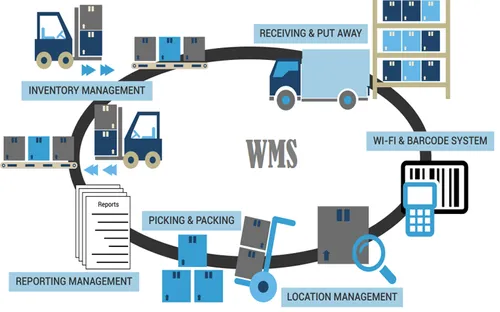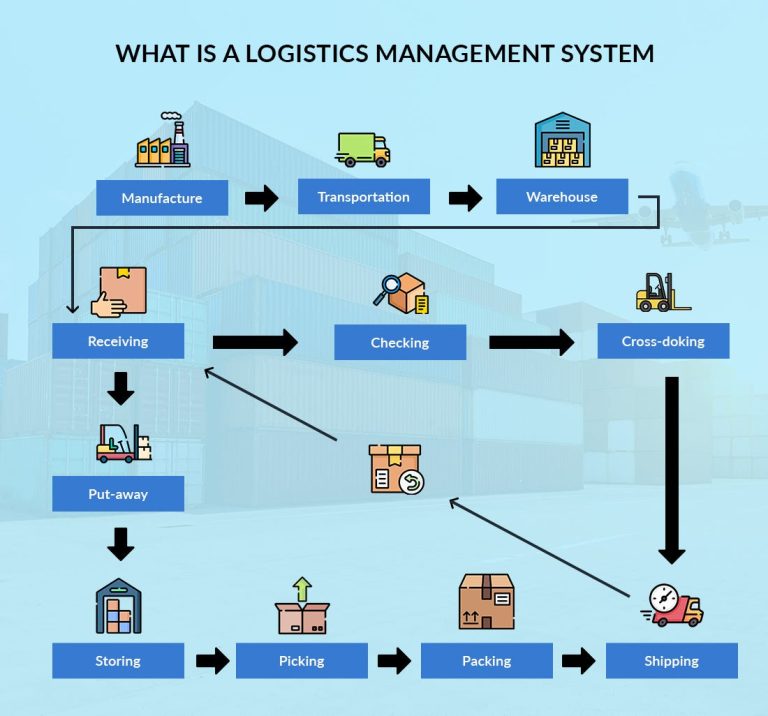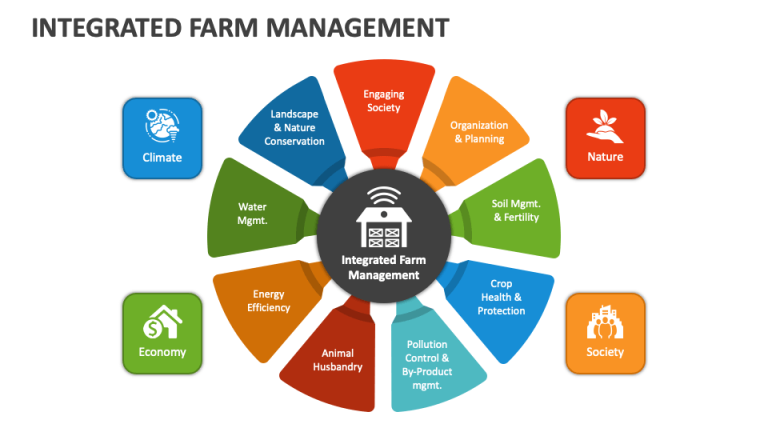Training Course on Adaptive Monitoring, Evaluation and Learning (MEL) Approaches in Complex Environments

About The Course
Course Description
There's a rising demand for more adaptive methodologies as traditional monitoring and evaluation (M&E) approaches struggle to answer questions such as: How does our livelihood project strengthen or undermine social cohesion? Are our humanitarian projects contributing to local peacebuilding, as envisioned by the commitment to a more joined-up humanitarian-development-peace (HDP) approach in conflict contexts?
In this Training Course on Adaptive Monitoring, Evaluation and Learning (MEL) Approaches in Complex Environments offered by Phoenix Center for Policy, Research and Training, participants will explore the dynamic intersection of Monitoring, Evaluation, and Learning (MEL) with adaptive methodologies. Tailored for individuals navigating complex and uncertain environments, the course is designed to equip them with essential skills for adapting their programs and projects effectively and assessing their contributions to peace and positive social change.
Despite the widely acknowledged importance of adaptation and learning of MEL, practical guidance on implementation remains scarce. We aim to address this gap by offering a nuanced exploration of proven strategies and hands-on experience. Throughout the course, participants will immerse themselves in case studies and critically reflect the effective application and customization of adaptive approaches. Beyond individual learning, the course fosters a community of practitioners, offering a platform for sharing insights, networking, and collectively addressing challenges.
This course is aimed at anyone who needs to assess the extent to which interventions (either individually or collectively) are delivering effective adaptation outcomes and/or helping to make people and systems more resilient to shocks and stresses associated with climate variability and change. It addresses issues commonly framed in terms of monitoring and evaluation (M&E), or monitoring, evaluation and learning (MEL).
This Training Course on Adaptive Monitoring, Evaluation and Learning (MEL) Approaches in Complex Environments offered by Phoenix Center for Policy, Research and Training outlines the challenges of adaptation M&E/MEL, reviews existing approaches, and presents frameworks for assessing the effectiveness of adaptation that go beyond the usual focus on outputs. It includes discussion of the Tracking Adaptation and Measuring Development (TAMD) framework and other approaches and frameworks, and recent developments in the measurement of resilience. It addresses the need for counterfactuals and the challenge of tracking the success of development and adaptation interventions in the face of evolving climate risk contexts, that may make the achievement of development goals more difficult.
Course Objectives
Upon the successful completion of this Training Course on Adaptive Monitoring, Evaluation and Learning (MEL) Approaches in Complex Environments, participants will be able to:
- Develop a comprehensive understanding of complexity theory and its implications for Monitoring, Evaluation, and Learning (MEL) practices, and the challenges of establishing causality in dynamic environments.
- Acquire valuable insights and approaches for navigating complexity by integrating adaptive approaches alongside traditional performance Monitoring, Evaluation, and Learning (MEL) practices.
- Explore innovative MEL approaches to capture intangible social changes resulting from their projects/programs by strengthening their Theory of Change and exploring additional approaches such as Outcome Harvesting.
- Enhance their capacity to engage with donors and advocate for the integration of adaptive and complexity-aware MEL approaches in project design and evaluation frameworks.
Training Methodology
The course is designed to be highly interactive, challenging and stimulating. It will be an instructor led training and will be delivered using a blended learning approach comprising of presentations, discussions, guided sessions of practical exercise, case study review, web-based tutorials, group work, exploration of relevant issues collaborative strength training, performance measurement, and workshops of participants’ displays, all of which adhere to the highest standards of training. The training technique is built on learning by doing, with lecturers using a learner-centered approach to engage participants and provide tasks that allow them to apply what they’ve learned. Experiential knowledge is also given equal importance within the format of training. Our facilitators are seasoned industry professionals with years of expertise in their chosen fields. All facilitation and course materials will be offered in English.
Who Should Attend?
This Training Course on Adaptive Monitoring, Evaluation and Learning (MEL) Approaches in Complex Environments would be suitable for, but not limited to:
- Researchers
- Development Staff
- Project Managers
- Anyone involved in the processes of managing, planning, implementing, monitoring and evaluating development projects
Course Content
Module 1: Introduction and Key Challenges
- Introduction to monitoring & evaluation – what is M&E and how is it used?
- Demand for, and purpose(s) of adaptation M&E
- Key challenges of adaptation M&E
Module 2: Theories of Change, Indicators and Results Frameworks
- Introduction to theories of change
- Adaptation’s ultimate purpose
- The Tracking Adaptation & Measuring Development (TAMD) Framework
- Indicators – purpose & types
- Categories of adaptation-relevant indicators
- Timescales and measurement in different intervention contexts
- Theories of change, log-frames and results – outputs, outcomes and impacts
- Mapping indicators to results: outputs, outcomes, impacts
- Results frameworks & indicators: climate funds & project-level examples
Exercise 1: Theory of Change and Results
- Outline a rough theory of change that describes how a project will deliver adaptation benefits, using the TAMD framework.
- Define or elaborate on existing outputs, outcomes and impacts.
Module 3: Institutional Climate Risk Management (CRM) Indicators
- Nature and purpose of CRM indicators
- The TAMD CRM indicators
- Application of CRM indicators to national contexts
- CRM indicators in selected climate fund results frameworks
- Issues around measurement of CRM indicators
Module 4: Measuring Results on the Ground – Resilience-Type Indicators
- Resilience, vulnerability & adaptive capacity – definitions & relationships
- The emerging primacy of resilience
- Dimensions of resilience
- Resilience as an outcome of development & adaptation interventions
- The utility of resilience in M&E/results frameworks
- An operational definition of resilience
- Measuring resilience – guidance from the UK’s International Climate Fund
- Identify resilience indicators/proxies
Exercise 2: Identifying Indicators
- For the project used in Exercises 1, identify some possible resilience and wellbeing indicators that you might use in an M&E/results framework
- Discuss how these might be interpreted in conjunction with climate data/information.
- What climate data/variables would you need to monitor/use?
Module 5: Measuring Adaptation Success Using Wellbeing Indicators
- Wellbeing indicators – definitions & measurement at the impact level
- Measuring impacts & attribution challenges
- Using climate data/information to interpret wellbeing indicators
- Linking wellbeing indicators with resilience indicators
Module 6: Transformational Change & Transformational Adaptation
- What is transformational change?
- Criteria for transformational change
- Relationship to other measures/indicators
- Assessing transformational adaptation
Requirements
- Participants should be reasonably proficient in English.
- Applicants must live up to Phoenix Center for Policy, Research and Training admission criteria.
NOTE
- Discounts: Organizations sponsoring Four Participants will have the 5th attend Free
- What is catered for by the Course Fees: Fees cater for all requirements for the training – Learning materials, Lunches, Teas, Snacks and Certification. All participants will additionally cater for their travel and accommodation expenses, visa application, insurance, and other personal expenses.
- Certificate Awarded: Participants are awarded Certificates of Participation at the end of the training.
- The program content shown here is for guidance purposes only. Our continuous course improvement process may lead to changes in topics and course structure.
- Approval of Course: Our Programs are NITA Participating organizations can therefore claim reimbursement on fees paid in accordance with NITARules.
Booking for Training
Simply send an email to the Training Officer on training@phoenixtrainingcenter.com and we will send you a registration form. We advise you to book early to avoid missing a seat to this training.
Or call us on +254720272325 / +254737566961
Payment Options
We provide 3 payment options, choose one for your convenience, and kindly make payments at least 5 days before the Training start date to reserve your seat:
- Groups of 5 People and Above – Cheque Payments to: Phoenix Center for Policy, Research and Training Limited should be paid in advance, 5 days to the training.
- Invoice: We can send a bill directly to you or your company.
- Deposit directly into Bank Account (Account details provided upon request)
Cancellation Policy
- Payment for all courses includes a registration fee, which is non-refundable, and equals 15% of the total sum of the course fee.
- Participants may cancel attendance 14 days or more prior to the training commencement date.
- No refunds will be made 14 days or less before the training commencement date. However, participants who are unable to attend may opt to attend a similar training course at a later date or send a substitute participant provided the participation criteria have been met.
Tailor Made Courses
This training course can also be customized for your institution upon request for a minimum of 5 participants. You can have it conducted at our Training Centre or at a convenient location. For further inquiries, please contact us on Tel: +254720272325 / +254737566961 or Email training@phoenixtrainingcenter.com
Accommodation
Accommodation is arranged upon request and at extra cost. For reservations contact the Training Officer on Email: training@phoenixtrainingcenter.com or on Tel: +254720272325 / +254737566961
Start To Learn
5 Days
Certificate
Course Duration
Course Price
Training Calendar
2024 Training Calendar | |||
Start Date | End Date | Location | Register |
| 19-Aug-2024 | 23-Aug-2024 | Nairobi | https://rb.gy/tb38zt |
| 2-Sep-2024 | 6-Sep-2024 | Nairobi | https://rb.gy/tb38zt |
| 16-Sep-2024 | 20-Sep-2024 | Nairobi | https://rb.gy/tb38zt |
| 30-Sep-2024 | 4-Oct-2024 | Nairobi | https://rb.gy/tb38zt |
| 14-Oct-2024 | 18-Oct-2024 | Nairobi | https://rb.gy/tb38zt |
| 28-Oct-2024 | 1-Nov-2024 | Nairobi | https://rb.gy/tb38zt |
| 11-Nov-2024 | 15-Nov-2024 | Nairobi | https://rb.gy/tb38zt |
| 25-Nov-2024 | 29-Nov-2024 | Nairobi | https://rb.gy/tb38zt |
| 9-Dec-2024 | 13-Dec-2024 | Nairobi | https://rb.gy/tb38zt |
| 16-Dec-2024 | 20-Dec-2024 | Nairobi | https://rb.gy/tb38zt |




